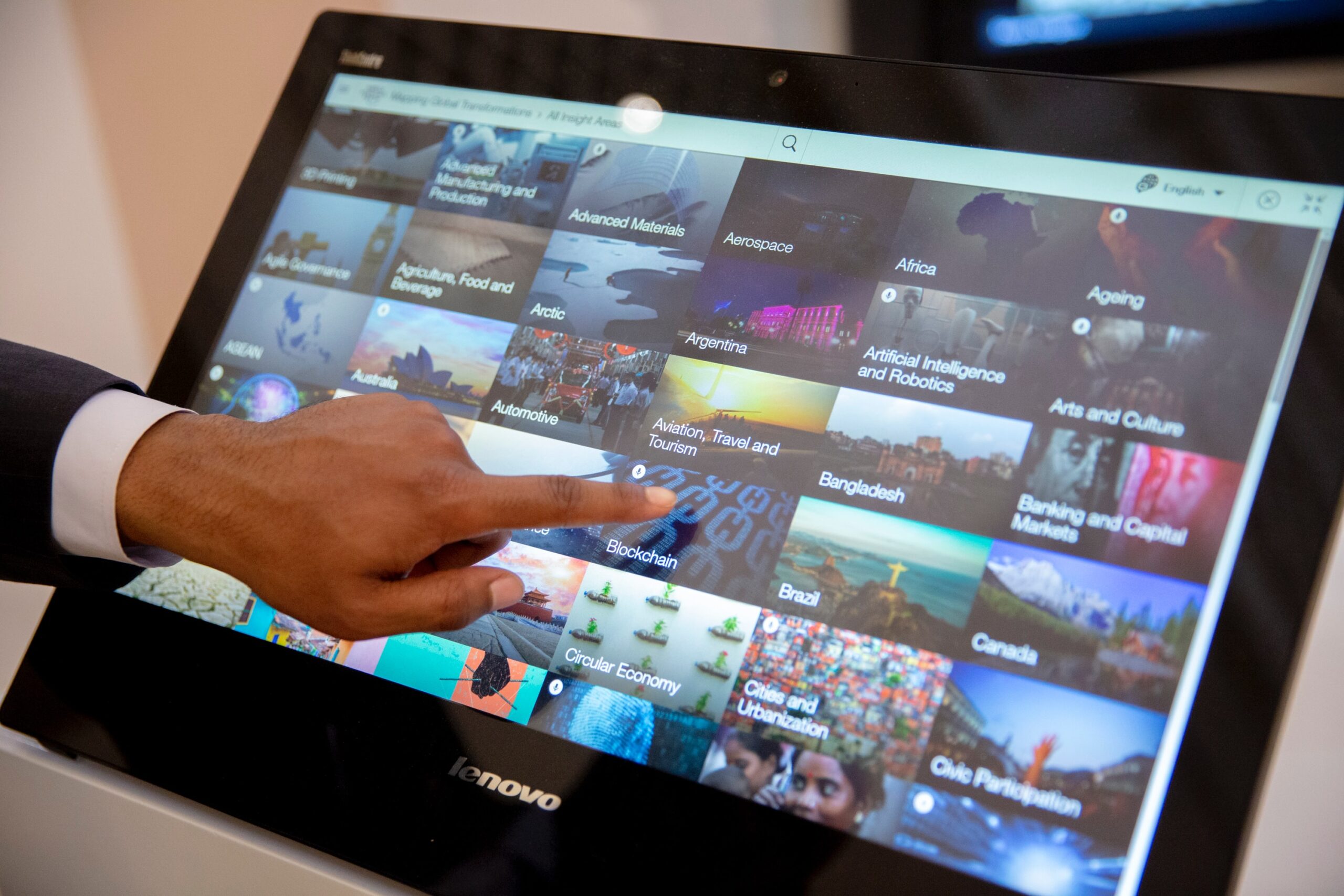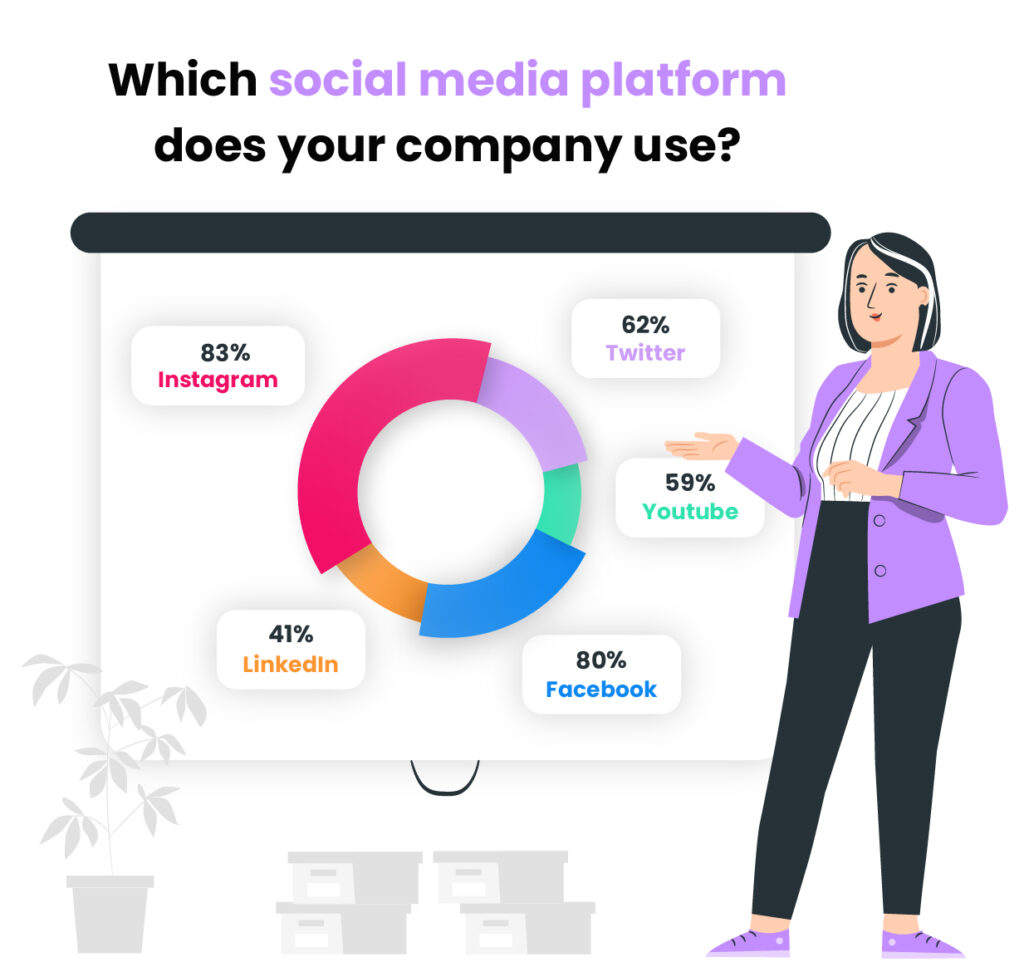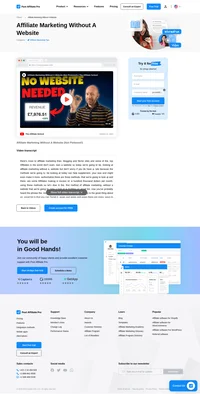Affiliate marketing can be a pretty convenient way of earning extra income on top of your regular paycheck. You can work from wherever you want and whenever you want. You can create content centered around your interests and hobbies and earn money from them. Moreover, you can start a career in affiliate marketing without any prior experience. All you need is a bit of free time, a topic that you know a lot about, and a good product that you want to share with others.
Many marketers would also add that “You need a website where you will publish your content.” And yes, having a website can make a lot of things easier. But it’s not like you can’t do affiliate marketing without a website – quite the opposite.
As an affiliate marketer, your main job is to figure out how to convince your readers or followers to click on affiliate links and try out a product that you recommended. The beauty of affiliate marketing lies in its versatility, and setting up a website is just one of the many ways to go about it.
To support this statement, let’s discuss four ways to start your adventure with affiliate marketing without a website.
Posting in online communities and forums
No matter the industry or niche of your product, you should have no problem finding an online community or message board dedicated to it. Reddit, for example, has over 100,000 active communities as of January 2021. If you add social media communities and online discussion groups to the mix, you’ll have many places to recommend your products to others.
However, it’s not as simple as it sounds. For example, many people join these communities to copy and paste their affiliate links in unrelated posts making moderators pretty wary of all forms of affiliate marketing. In addition, many message boards or forums do not allow promotional posts of any kind, while those that do have a long list of restrictions and regulations.
Before creating an account on any message board, read the terms and conditions, especially regarding affiliate links. If the community does not allow paid links of any kind, but you attempt to post them anyway, you can expect to be banned quickly.
Even if a message board or social media group allows affiliate links, don’t start making promotional posts on the first day you join. This will get you branded as a spammer and get your posts deleted.
Before starting the promotional talk, spend a while looking around the community, interacting with people, and taking part in discussions. The more active and helpful you are, the higher the chance that other board users will see you as trustworthy. Once you gain their trust, the likelihood that they will listen to your product recommendations and click on your affiliate links is much higher.

YouTube
You have surely seen many videos of someone reviewing or comparing a product and later asking you to click on a link in the description. That’s affiliate marketing in action.
With its 2.3 billion users worldwide, YouTube is one of the most effective platforms for promoting your affiliate links. There are three advantages to using YouTube as your affiliate marketing channel.
First, videos are a great way to build trust among your audience as they can see and hear you in person and visualize how you use the promoted product. Second, you can talk about any topic imaginable in your YouTube videos. Third, you have plenty of ways in which you can put the promoted product in the spotlight. For example, you could create a video review, compare it with other similar products, or show how you used it to complete a particular task. Then all that’s left is to add an affiliate link to the product in the video description. A good tip here is to shorten the URL before posting it to make the link look clean (long and complicated links might put viewers off).
You need to remember, though, that YouTube is stringent when it comes to affiliate disclosure. If your promotional links aren’t clearly labeled as paid URLs, or YouTube doubts your videos, they might be taken down for violating YouTube’s terms and conditions.
Social media
You might not have a website or an active YouTube channel but surely have at least one social media account. If you have a profile with a stable audience, spreading the word about your affiliate program is pretty straightforward. However, you need to be careful not to turn off your followers by promoting poor-quality or irrelevant products. For example, if you have a makeup channel, promoting running shoes or banking services isn’t the best idea.
Even if you have created an Instagram or Pinterest account just recently, you can still build a following. Post regularly, share posts from similar pages or accounts as yours and reply to comments. You’ll slowly build up a group of people interested in following your channel and listening to your recommendations.
Besides creating your own social media account, you can also join various groups and communities. On Facebook alone, 1.8 billion people are a part of one or more groups.
You also need to remember that, as with online forums, social media moderators aren’t fond of affiliate links. Again, people spamming in posts and comments are to blame. So you need to read the terms and conditions very carefully to not get on the wrong side of the moderators. For example, Instagram doesn’t even allow its users to add links to their posts, so you need to direct users to your bio instead. Also, some affiliate programs forbid the use of social media as a promotional channel. Violating this rule might even result in you being banned entirely from the affiliate program.

PPC ads
Another method you can use for carrying out affiliate marketing without a website is using pay-per-click (PPC) ads. This is a tricky promotional channel to use, though. You can start earning money from the ads straight away, but there’s also a risk that you might lose money as well.
The basics are pretty simple. You pick an advertising platform, create an ad for your affiliate product, and then pay a fee whenever someone clicks on the ad. You don’t need a website because the ad will lead straight to the affiliate program owner’s landing page.
The problem with this method is that it will take a lot of trial and error before you manage to create an ad that works for your promoted product. You might have to make multiple ads and test them regularly to find the best combination of keywords, promotional channels, and offers.
Another thing is that with PPC, you rely on your partner’s website to drive sales. It might be that while you do have clicks on your ads, you don’t close any deals because people who click your ads leave the landing page without converting. If this happens, you will lose money instead of earning it. Several PPC networks don’t allow you to use direct links in your ads either. AdWords, Facebook, Amazon, and Twitter, do not allow affiliate links, for example.
So, is it a good idea to start affiliate marketing without a website?
Do you need a website for affiliate marketing? Not necessarily. However, having a friendly, professional-looking website is one of the best ways to promote your content and offers.
Think about it – how likely would you be to trust a business with only a social media channel but no website? Several affiliate programs and networks don’t even accept applications from marketers that don’t have an affiliate website.
What’s more, launching a website nowadays is not as complicated or intimidating as it was years ago. There’s a long list of programs and website builders available, even if you don’t know much about coding. With Post Affiliate Pro, it’s even possible to get a personalized website copy that you can update with a typical text editor. No need to play with HTML files.

Conclusion
There are many ways to conduct affiliate marketing without a website – from social media to YouTube, paid ads, and message boards. All of them might require more work on your part than typical website affiliate marketing, though. Plus, they aren’t all fit for every situation – some affiliate programs frown upon using paid ads while others won’t allow you to use social media.
Moreover, if you can easily build a website in just a couple of hours, what’s stopping you from creating one?
Frequently Asked Questions
Do you need a platform for affiliate marketing?
Yes, a platform for affiliate marketing can be helpful for tracking and managing affiliate links, commissions, and performance. It can also provide tools for recruiting and communicating with affiliates, as well as reporting and analytics features.
Do you need a platform for affiliate marketing?
Yes, a platform for affiliate marketing can be helpful for tracking and managing affiliate links, commissions, and performance. It can also provide tools for recruiting and communicating with affiliates, as well as reporting and analytics features.
Share this article
Affiliate marketing is partner marketing – you just don’t know it
Discover the evolution of affiliate marketing into partner marketing and unlock the benefits of collaboration. Learn how to find the right partners to expand your reach, boost credibility, and achieve shared goals. Explore the secrets to successful partnerships and take your marketing strategy to the next level!
How to Create an SEO Affiliate Marketing Strategy
Explore how to effortlessly boost your online presence with SEO affiliate marketing. Learn essential tips for success, including the power of long-tail keywords, and discover the benefits of upfront investment. Optimize your affiliate marketing strategy with trusted tools like Post Affiliate Pro, and start earning without the hassles of product creation. Unlock the potential of SEO-driven traffic and maximize conversions today!
Affiliate marketing for beginners
Discover the essentials of affiliate marketing for beginners with Post Affiliate Pro. Learn how to build an audience, create engaging content, and use marketing channels to earn commissions. Unleash your passion for your niche, showcase products through video, and boost sales with special deals. Dive into the world of affiliate marketing today!
How to become an affiliate marketer
Discover how to become a successful affiliate marketer with our comprehensive guide. Learn essential strategies, from building a personal brand and creating quality content, to choosing the right niche and products. Unlock the lucrative potential of affiliate marketing and boost your income today!
Affiliate Marketing Without A Website
Discover innovative ways to succeed in affiliate marketing without a website! Learn how to build an email list, leverage YouTube, and utilize Parasite SEO to maximize your reach and income. Watch our insightful video for practical tips and strategies to engage your audience and promote valuable offers. Dive into affiliate marketing success today!
How to promote your affiliate program with email marketing
Unlock the potential of your affiliate program with expert email marketing strategies. Learn how to build trust, select the right links, and apply segmentation to boost engagement and conversions. Discover actionable tips to transform your email campaigns into powerful affiliate marketing tools. Visit us for insights that drive success!













